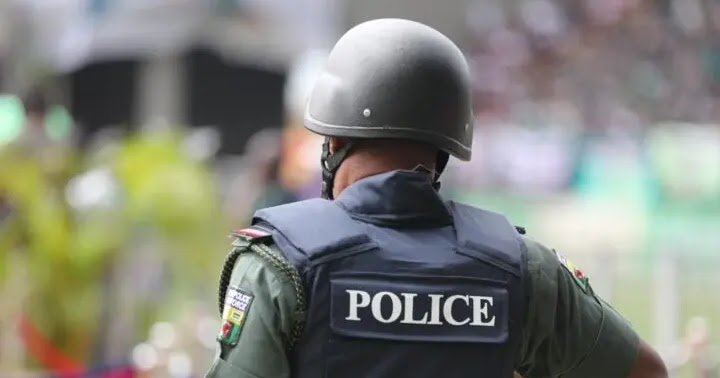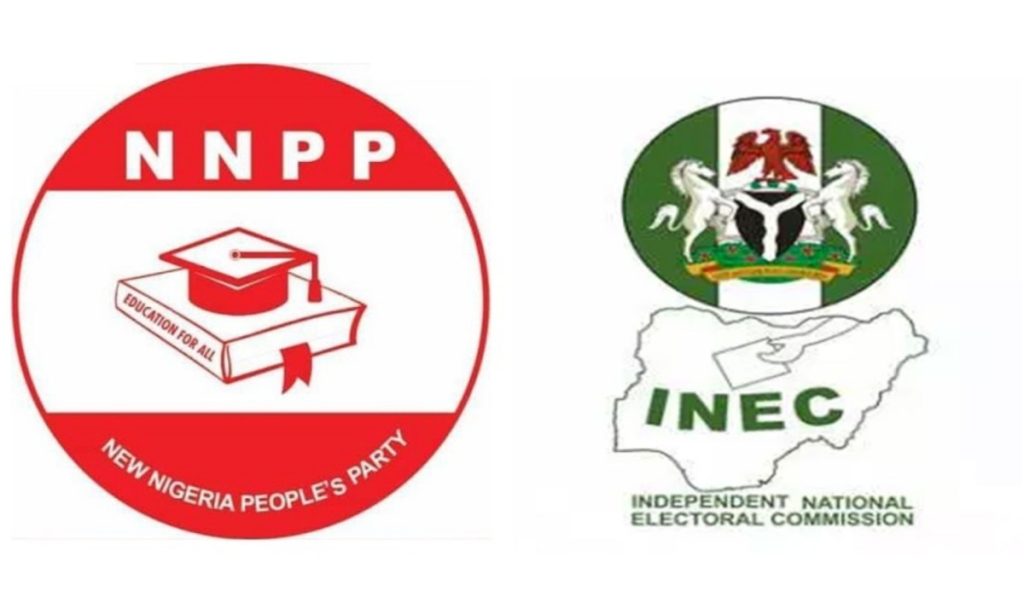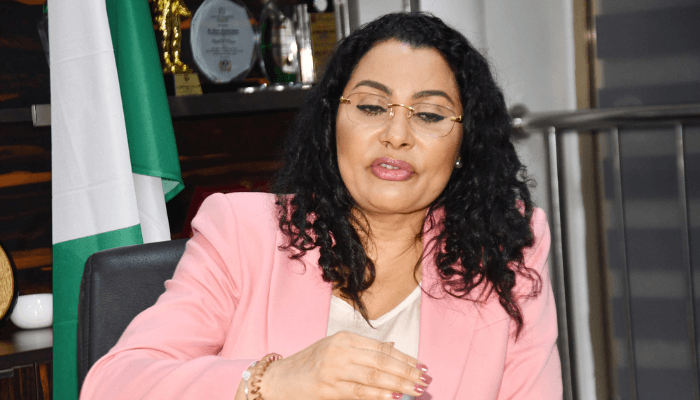A controversial plan by Kenyan President William Ruto to construct a $9.3 million megachurch at his official residence has sparked national debate, deepening tensions amid widespread anti-government protests and a crippling economic crisis. The proposed worship site in central Nairobi, estimated to seat over 8,000 people and funded privately by Ruto, faces legal challenges and public scrutiny over its alignment with constitutional principles and its timing during severe financial strain for citizens.
Local media reports indicate the 1.2 billion Kenyan shilling project follows Ruto’s earlier construction of a private chapel at his former Nairobi residence. Critics argue the initiative blurs the line between state and religion, with lawyer Levy Munyeri filing a high court petition asserting it violates Kenya’s constitutional ban on establishing a state religion. The court is expected to hear the case amid growing discontent over soaring living costs and unemployment.
Ruto—Kenya’s first evangelical president, nicknamed “deputy Jesus” during his faith-centered 2022 campaign—has remained defiant. “I am not going to ask anyone for an apology for building a church. The devil might be angry and can do what he wants,” he stated on July 4. His remarks came days after clashes between protesters and security forces left 31 dead and over 500 arrested, marking the deadliest unrest since his election.
Analysts suggest Ruto’s confidence stems from consolidated political control. Dr. Denis Galava, a Kenyan political researcher, noted that key opposition figures, including allies of veteran leader Raila Odinga, had joined Ruto’s government earlier this year, weakening checks on presidential authority. “Parliament is now a lapdog,” Galava told Africanews, adding that legislative resistance to Ruto’s agenda appears unlikely.
The project’s announcement intensified criticism from citizens grappling with a 16.5% inflation rate and tax hikes on essentials like fuel. Many argue public funds should prioritize economic relief over religious infrastructure, even as Ruto claims personal financing for the church. Critics also question the precedent of a state leader erecting a house of worship on government property, with legal experts stressing the constitutional mandate for secular governance.
While Ruto’s supporters view the church as an extension of his faith-based leadership ethos, opponents see it as a symbol of misplaced priorities during a national crisis. The unfolding legal battle and sustained public anger highlight broader concerns about accountability and resource allocation in a nation where over a third of the population lives below the poverty line.
As the court prepares to deliberate on the case, the controversy underscores the complex interplay of religion, governance, and economic survival in one of East Africa’s most turbulent political landscapes.



